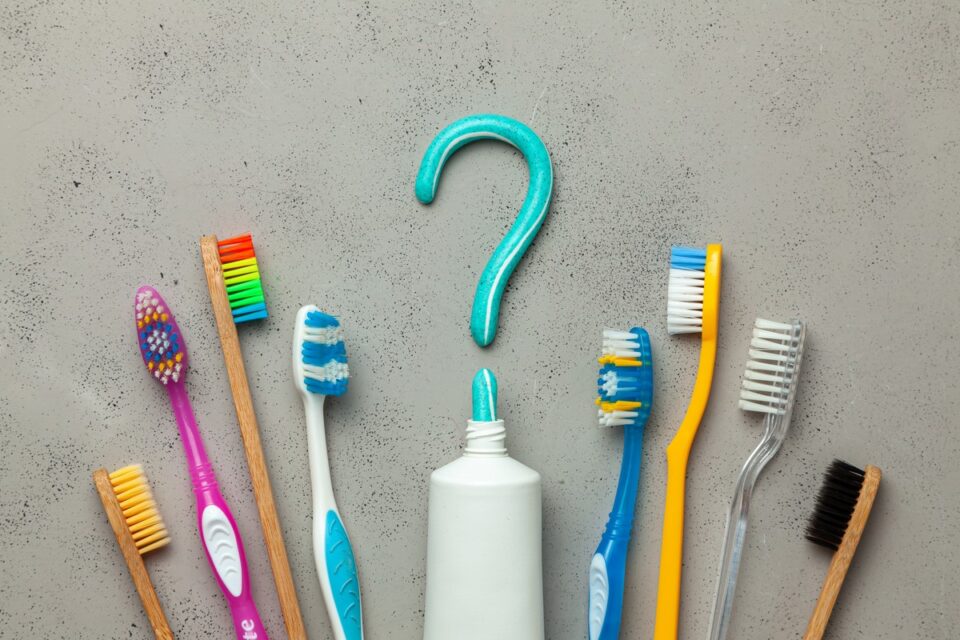When maintaining good oral hygiene, selecting the right toothbrush is paramount. Whether you’re a patient at Pekin General Dentistry or simply seeking expert advice, navigating the array of options available can be overwhelming. Fear not, as this comprehensive guide will walk you through the essential considerations for choosing the perfect toothbrush for your dental care needs.
Why does the type of toothbrush matter?
Your toothbrush plays a crucial role in maintaining good oral hygiene. It helps remove plaque, bacteria, and food particles from your teeth and gums, preventing cavities, gum disease, and other oral health issues. Using the right toothbrush ensures effective cleaning and protects your smile.
Manual vs. Electric: Which is better?
Manual Toothbrushes:
- Affordable and widely available.
- Offers control over brushing pressure.
- Suitable for those with sensitive teeth or gums.
- Requires proper brushing technique for optimal cleaning.
Electric Toothbrushes:
- Provides more consistent and thorough cleaning.
- It is ideal for people with limited dexterity or mobility.
- Some models feature built-in timers and pressure sensors for improved brushing habits.
- Generally more expensive than manual toothbrushes.
What about Bristle Type?
Soft Bristles:
- Gentle on teeth and gums.
- Recommended for most people, including those with sensitive gums.
- Effective at removing plaque and debris without causing damage.
Medium Bristles:
- Slightly firmer bristles for more aggressive cleaning.
- Suitable for individuals with healthy gums and teeth who prefer a deeper clean.
- It is not recommended for those with sensitive gums or enamel erosion.
Hard Bristles:
- It is best avoided for most people.
- Aggressive brushing can cause enamel wear, gum recession, and tooth sensitivity.
- Recommended only in rare cases under dental supervision.
Consider Your Specific Needs
Sensitive Teeth or Gums:
- Opt for a toothbrush with soft bristles and gentle brushing action.
- Consider electric toothbrushes with sensitive mode settings for added comfort.
Dental Work (Braces, Implants, or Crowns):
- Choose a toothbrush with small, soft bristles or specialized brush heads designed for cleaning around dental appliances.
- Electric toothbrushes with oscillating or rotating brush heads may be particularly effective.
Children:
- Select toothbrushes specifically designed for kids, featuring smaller heads and softer bristles.
- Consider fun designs or characters to encourage regular brushing habits.
Conclusion
Choosing the right toothbrush doesn’t have to be daunting. You can select a toothbrush that promotes a healthy, radiant smile by considering factors such as manual vs. electric, bristle type, and your specific oral health needs. Regular brushing and routine dental check-ups are vital to maintaining optimal oral hygiene and overall well-being.

